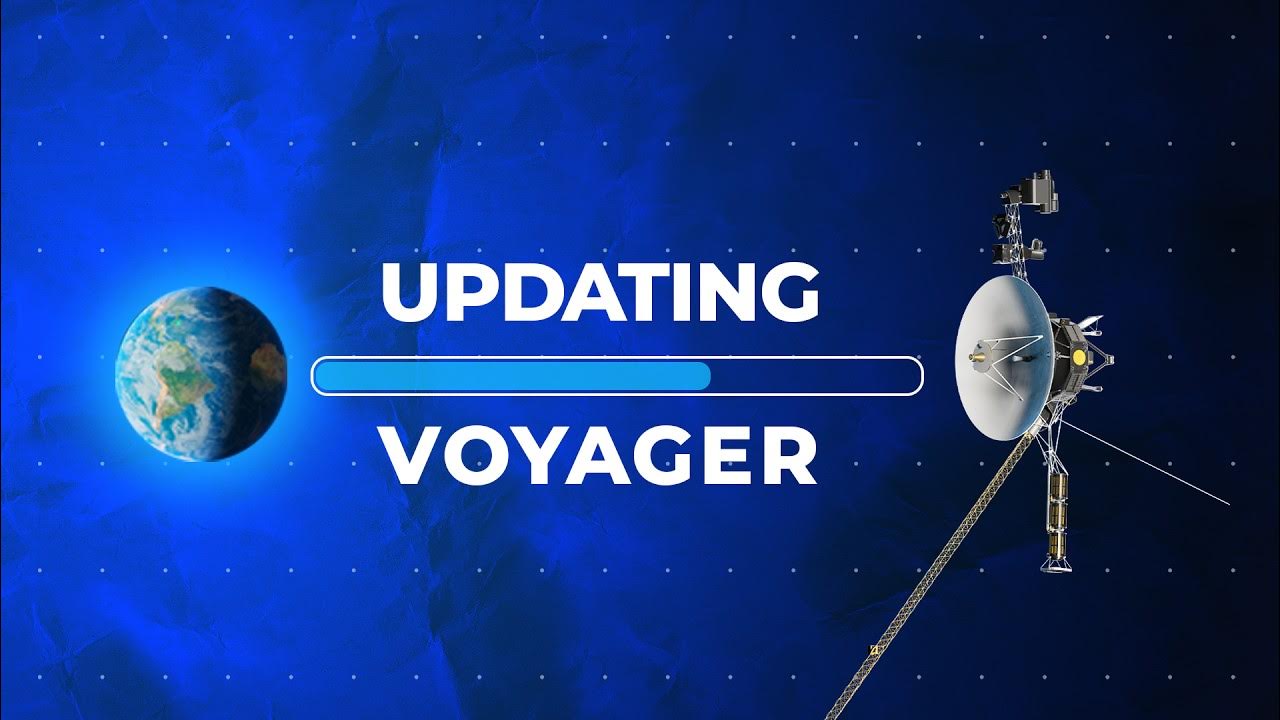- cross-posted to:
- space@lemmy.world
- asm@programming.dev
- cross-posted to:
- space@lemmy.world
- asm@programming.dev
Have you ever wondered how NASA updates Voyager’s software from 15 billion miles away? Or how Voyager’s memories are stored? In this video, we dive deeper into the incredible story of how a small team of engineers managed to keep Voyager alive, as well as how NASA could perform a software update on a computer that’s been cruising through space for almost half a century.



How they send the payload is hardly the hard part of applying a software update. The hard part is stuff that you need to do after you have the payload: ensure the payload is valid, have the infrastructure in place to roll it out without bricking the hardware, be able to roll back faulty changes if some problem occurs after rolling stuff out, etc.
I can tell you with absolute certainty that this stuff is challenging for the majority of competent programmers out there, and they have the luxury of falling back to telling users to reboot or reinstall the app.
I completely agree. And the video didn’t discuss how any of that actually happens, except to say that they send the update over radio, and to give a brief description of how the storage system on Voyager works (physically, not logically). That’s what I meant by “really nothing here”, “here” meaning “in the video”, not “in how the Voyager probe works and updates are carried out”.
That next line, “It turns out they they update the software by sending the update by radio,” was meant to be a bit sarcastic, but I know that isn’t obvious in text, so I’ve added a signifier.